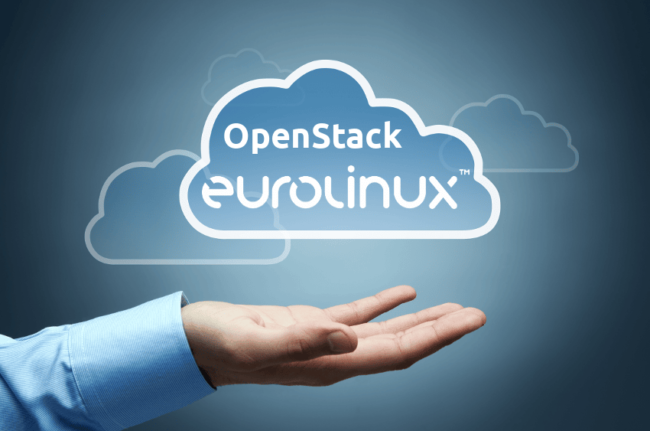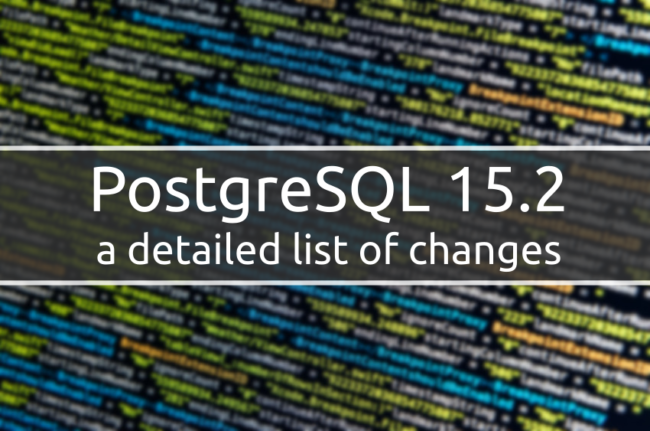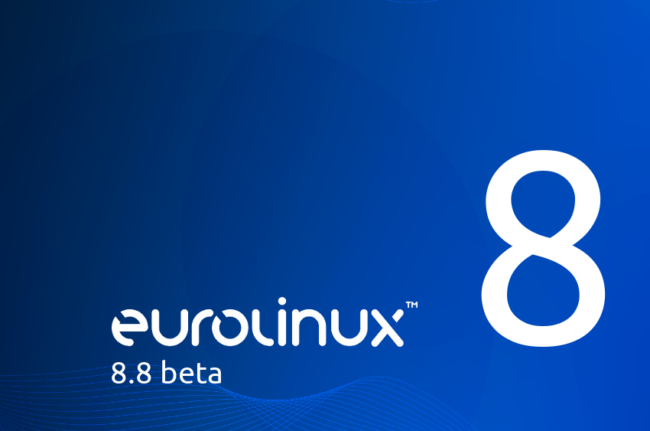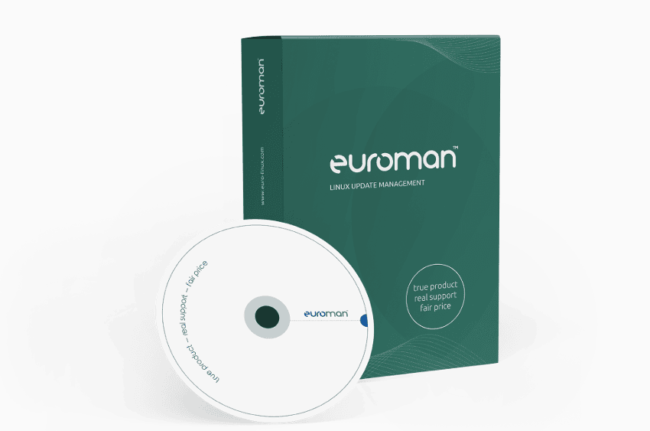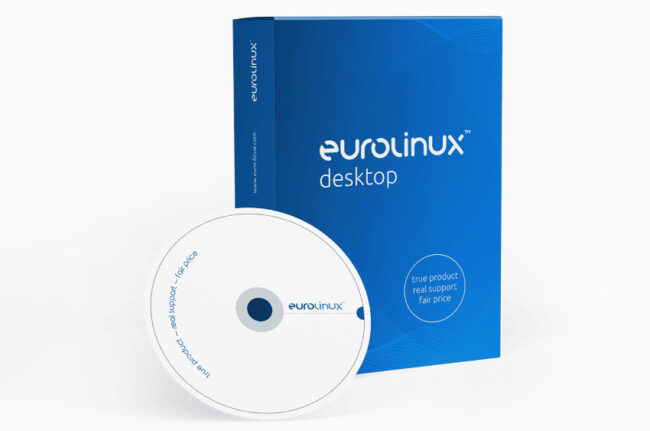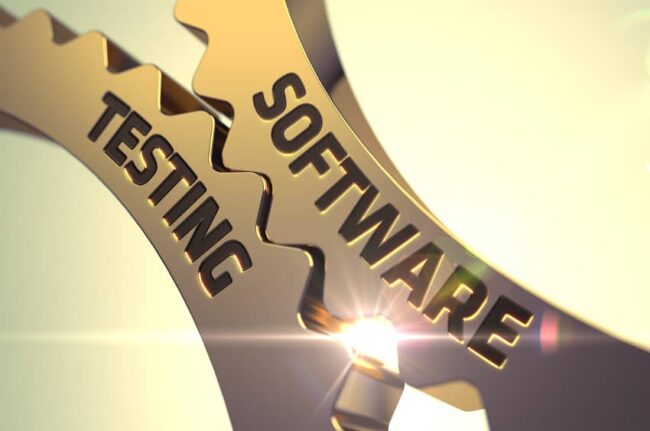EuroLinux 9.2 released
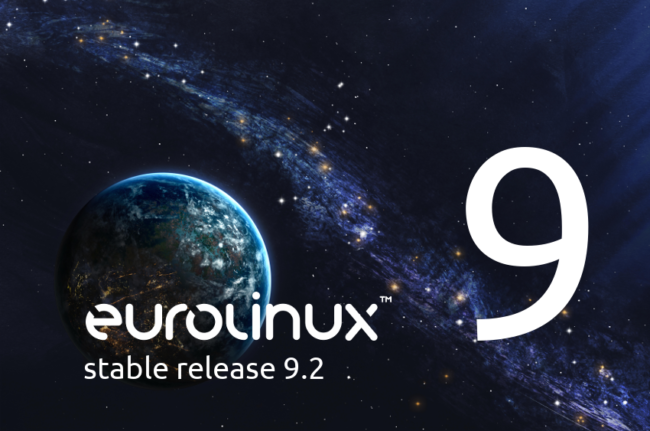
On May 11, 2023, we released version 9.2 of the EuroLinux operating system. EuroLinux 9.2 repositories have been expanded to include Python 3.11, Nginx 1.22, PostgreSQL 15, new versions of Performance Co-Pilot, updated toolsets: Rust v1.66, Go v1.19 and LLVM v15. The new version of the system also introduces a variety of improvements to the […]
Read more